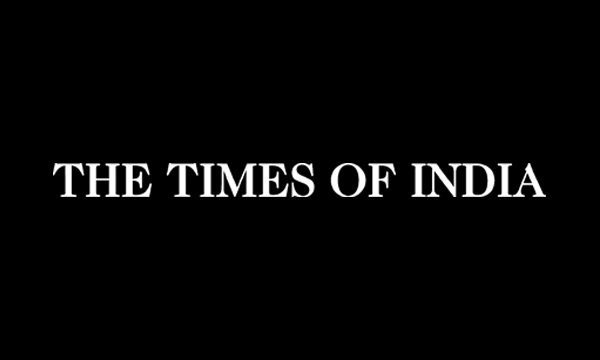A federal judge has blocked Donald Trump’s executive order that seeks to unilaterally redefine who gets to be a citizen, paving the way for another major Supreme Court case involving the president’s birthright citizenship challenge.
Several courts have already struck down the president’s attempt to block citizenship from newborn Americans who are born to certain immigrant parents. But the Supreme Court last month determined those judges went too far by issuing nationwide injunctions instead of applying the rulings to only the states and plaintiffs who sued the administration.
The court’s conservative majority, however, left open the possibility of plaintiffs bringing a class-action lawsuit representing all impacted newborns.
On Thursday, New Hampshire District Judge Joseph Laplante agreed to grant class-action status to all babies who stand to lose automatic U.S. citizenship when Trump’s order takes effect.
His forthcoming injunction was “not a close call,” said LaPlante, noting that thousands of children would be deprived of their citizenship should Trump’s order go into effect.
“That’s irreparable harm, citizenship alone,” he said. “It is the greatest privilege that exists in the world.”
A written decision will be stayed to allow for the Trump administration to appeal, he said.
“This ruling is a huge victory and will help protect the citizenship of all children born in the United States, as the Constitution intended,” said ACLU Immigrants’ Rights Project director Cody Wofsy, who argued the case. “We are fighting to ensure President Trump doesn’t trample on the citizenship rights of one single child.”
In a statement to The Independent, White House spokesperson Harrison Fields said the decision “is an obvious and unlawful attempt to circumvent the Supreme Court’s clear order against universal relief.”
“This judge’s decision disregards the rule of law by abusing class action certification procedures,” he said. “The Trump Administration will be fighting vigorously against the attempts of these rogue district court judges to impede the policies President Trump was elected to implement.”
The Supreme Court’s ruling did not address the merits of legal challenges to Trump’s executive order that redefines the scope of the 14th Amendment, but the decision opened the door for partial enforcement in states that were not represented in a wave of lawsuits against the order.
Trump’s order was also blocked from taking effect for 30 days, until later this month, to allow lower courts to revisit the scope of their injunctions and give time for opponents to file new legal challenges.
Critics have warned that allowing the president to effectively rewrite a core component of the 14th Amendment would create a patchwork system of constitutional rights and citizenship benefits — including voting rights.
The 14th Amendment plainly states that “all persons born or naturalized in the United States, and subject to the jurisdiction thereof, are citizens of the United States and of the state wherein they reside.”
For more than 100 years, the Supreme Court has upheld the definition to apply to all children born within the United States.
But under the terms of Trump’s order, children can be denied citizenship if a mother is undocumented or is temporarily legally in the country on a visa, and if the father isn’t a citizen or a lawful permanent resident.
More than 150,000 newborns would be denied citizenship every year under Trump’s order, according to the plaintiffs.
But the Trump administration did not necessarily use the Supreme Court case to argue over whether he can change the 14th Amendment. Instead, the administration wanted to target what has become a major obstacle to advancing the president’s agenda: universal injunctions that have blocked a bulk of his policy nationally.
Following the Supreme Court’s decision, the president told reporters at the White House that the Department of Justice intends to “promptly file” legal challenges in cases where the president’s executive actions were temporarily blocked.
Trump has promised $5m ‘gold card’ visas. Experts say they’re unlikely to ever happen
Trump’s Justice Department wants to denaturalize citizens. Can he do that?
Trump team wanted ‘gentleman’ Kilmar Abrego Garcia safely returned to US, emails show
UK and France agree nuclear weapons can be used in tandem to deter Russia







